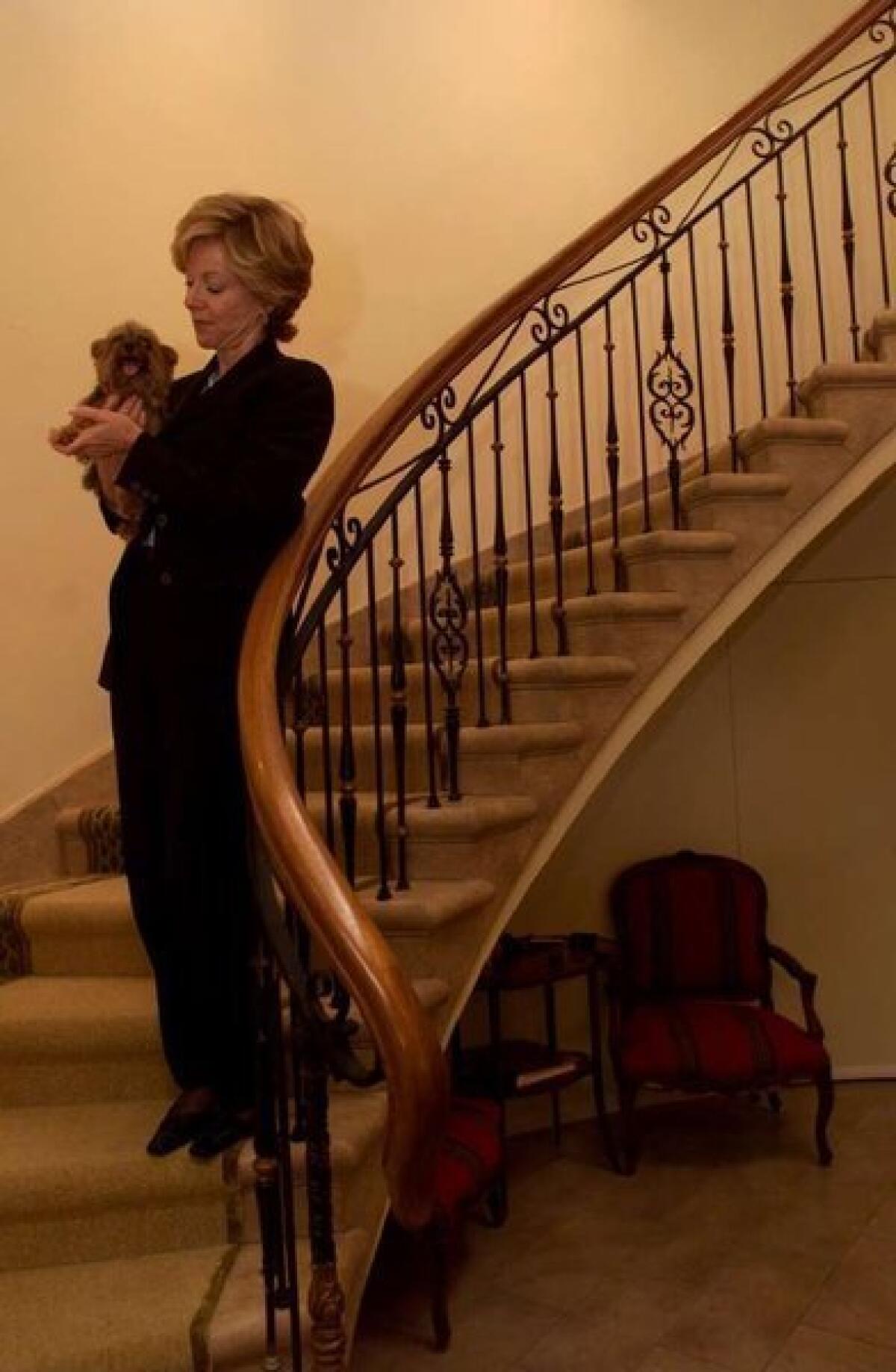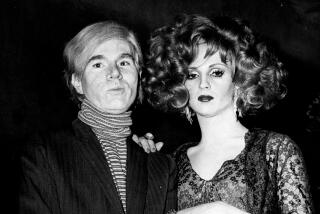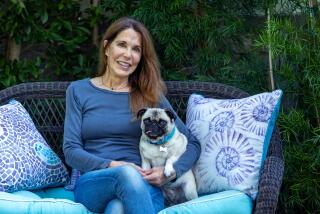Nancy Daly and the road not yet taken

- Share via
The PR spin on this book has been all about the “Hollywood insider,” and I suppose she was, having been married for so long to entertainment executive Bob Daly.
But to Angelenos who knew her, and they were many -- and not all of them having anything to do with Hollywood -- Nancy Daly was a formidable woman, an advocate for children whose email address was “lovedkidsla” and who was for a time, as Mayor Dick Riordan’s wife, L.A.’s first lady.
Nancy died in the autumn of 2009, and now her daughter, Linda, has written a book, “The Last Pilgrimage,” about her mother’s well-reported life and about her private death from pancreatic cancer, in an RV, traveling toward L.A. with her children after a trip to visit her East Coast childhood home and to the faith healer John of God. Linda writes with a sardonic eye about that man, who seemed to be in worse condition than her mother; and yet she respected her mother’s awe, like that of a little Catholic girl who had just seen Jesus, she writes.
I knew Nancy first through her work for LACMA and children’s issues and as the then-wife of the mayor; she sat at the end of the table at the book group we’d had for years.
She was a small and exquisitely turned out woman, and, as her daughter writes, she was until her last breath wearing her cashmere sweater and jewelry in the back of that jouncing RV on that last journey.
As they had planned the trip, and Nancy asked Linda what would happen if she died en route, Linda told her spiritedly that they’d tie her to the roof, like the old aunt in “National Lampoon’s Family Vacation.” Or just put her in the back, like the grandfather in “Little Miss Sunshine,” Nancy retorted.
That’s about as “Hollywood” as the book gets, so anyone expecting a movie-family memoir should look on another shelf.
It’s a hard but rewarding book to read for people who didn’t know her, I’m sure, and harder still for anyone who did. Pancreatic cancer is a fearsome diagnosis, and yet to have talked with Nancy in much of the four years that she fought it, you could really almost buy into her belief that she could beat it.
Why do we read books like this, or newspaper accounts of people who die? Because they are instruction manuals. We too will die, and knowing how others did it -- doling out the emotional portions, how much anger, how much regret, how much acceptance, how big a dollop of fight or surrender -- lays out the guideposts for our own time to come. After Nancy’s death, Linda herself grapples with what she calls “my eternity,” the choices she wants to make and does not want to have made for her. No family plot in Westwood for her, but maybe a sendoff as fish food, or a Viking funeral conflagration.
This book is two stories, a child’s and a dying parent’s, and each of us has both of those stories in us too, whether we tell them in a book for the world to read or tell them for ourselves alone, around the family table, as our turn comes to care for the dying and then, eventually, to be among them.
ALSO:
Getting the lead out of ammunition
Do your patriotic duty -- ask for a raise
More to Read
A cure for the common opinion
Get thought-provoking perspectives with our weekly newsletter.
You may occasionally receive promotional content from the Los Angeles Times.







